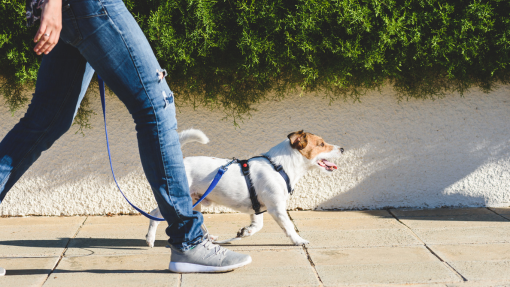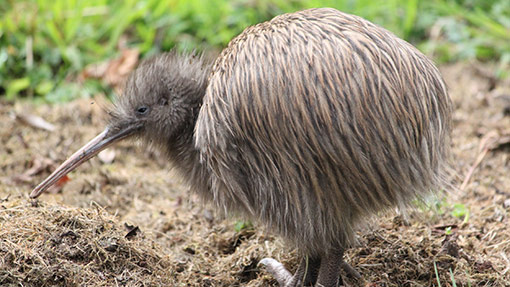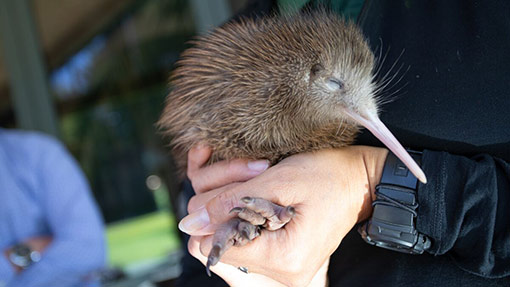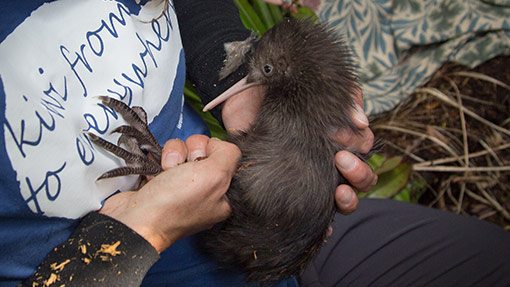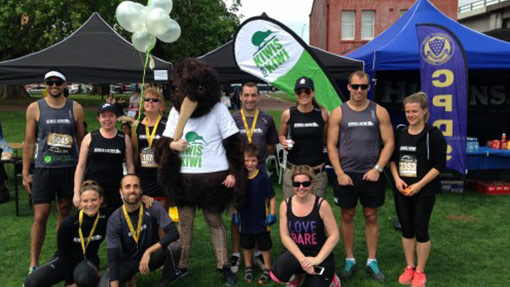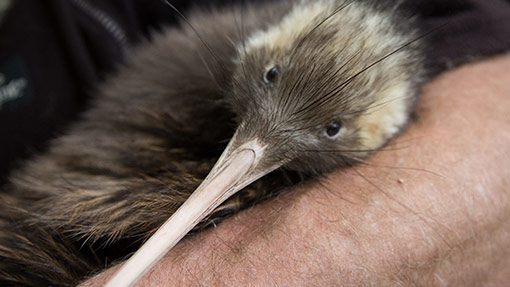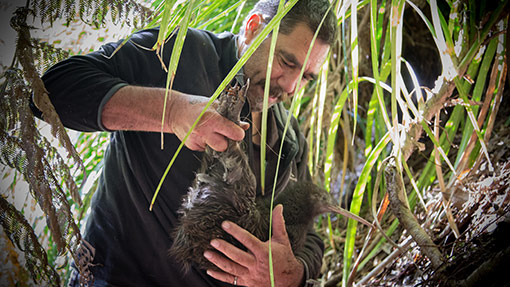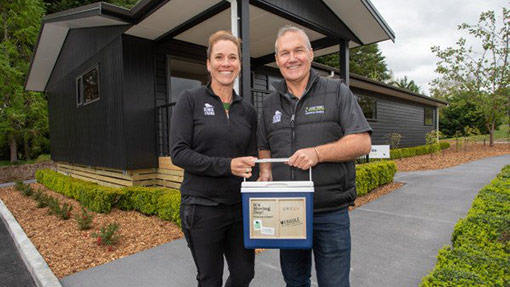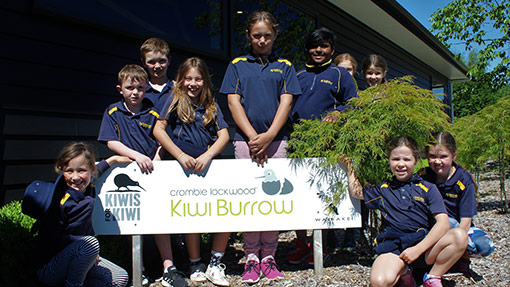Happy at home
If a dog calls your place home, keep it safe. Don’t let it roam.
The risks of roaming dogs
Roaming dogs can be a danger to themselves, to people, and to wildlife.
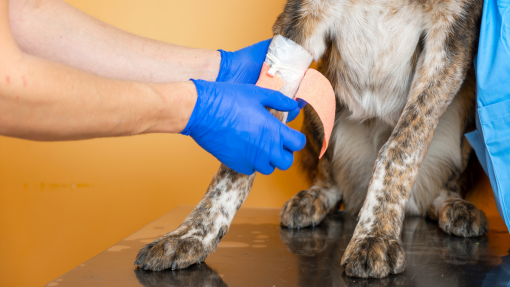
The dangers to roaming dogs
Roaming (or wandering) dogs are more likely to:
- Be hit by cars
- Be attacked by other dogs
- Ingest poison or other nasties from garages or under houses
- Be picked up by dog control officers
- Be shot by a farmer if they’re seen to be near or disturbing stock or poultry
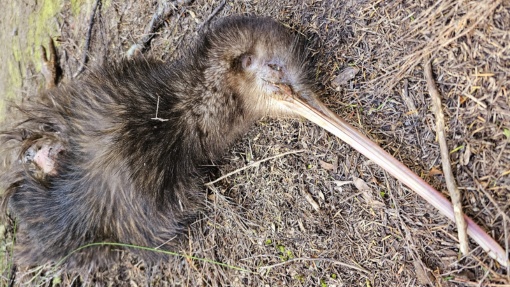
The dangers of roaming dogs
Roaming (or wandering) dogs can:
- Frighten, attack and even kill people, including children and the elderly
- Frighten, attack, injure and kill vulnerable wildlife like kiwi
- Attack other domestic animals like cats and dogs
- Attack farm animals such as lambs or chickens
- Cause traffic accidents if they are on the road, and people swerve to avoid them
- Cause a public nuisance by defecating where people walk and play
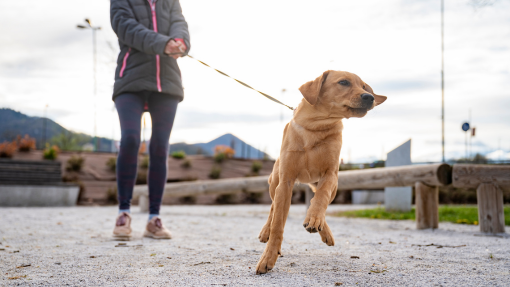
Why you should stop your dog from roaming
Dog owners who prevent their dog from roaming will:
- Have fewer vet bills caused by the risks associated with roaming dogs
- Sleep easier at night knowing their dog isn’t in danger
- Not have to pay fines to release their dog from the pound
- Have a better chance of hearing or seeing our precious taonga (like kiwi) in their surroundings
- Help protect wildlife like kiwi in their natural habitat
Pledge to prevent your dog from roaming
“I pledge to help protect my dog, people and kiwi by not letting my dog roam.”
To sign the pledge, please enter your details, and tick the I Pledge button.
You can also choose to subscribe to a quarterly newsletter from Save the Kiwi with helpful tips and tricks about dog behaviour, management, and safety, along with Save the Kiwi’s bimonthly newsletter. After subscribing, you can unsubscribe at any time.
Refer to our privacy policy for more information about how we will use your information.
What is a roaming dog?
A roaming (or wandering) dog is any dog that’s somewhere it shouldn’t be, like:

- A pet dog that is let off-lead to run around and stretch their legs unsupervised;
- A farm dog that is sent off to round up the cows but gets distracted;
- A hunting dog that picks up the scent of a pig and runs off into the bush to follow it without its owner;
- A seemingly lazy dog that lies on the veranda all day then, unbeknownst to its owners, heads out on adventures overnight;
- A feral dog that has no home;
- A dog that technically has a home but its owner doesn’t supervise it or keep it at home;
- A cuddly fur baby that’s great with kids but gets bored during the day so jumps the fence and explores the neighbourhood
How to report a roaming dog
If you see a roaming dog where it shouldn’t be, contact the local council and ask to speak with the dog control department.
It’s important to give the dog control officer as much information as possible, including:
- Location
- Colour
- Breed, if known
- Direction it’s heading
- If you are close enough, if it has tags or a collar
If you can and if it’s safe enough, take a photo to help animal control identify the dog.
If you see a roaming dog, always maintain your distance and keep yourself safe at all times.
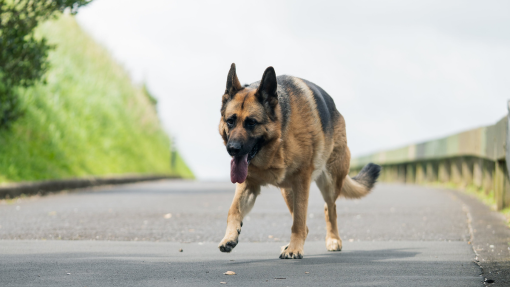
How to exercise your dog in a way that doesn’t threaten kiwi
Dogs need plenty of exercise to stay in ship-shape condition. Here are some ways dog owners can exercise their dogs in a way that doesn’t threaten kiwi and other wildlife.
- If you are in an area where kiwi may live make sure you always use a lead, and only walk your dog during the day when kiwi are asleep.
- Use identified off-lead areas or public parks.
- Use private, bookable off-lead parks. These can be particularly useful for reactive dogs.
- Arrange regular doggy playdates with other friendly dogs. Playing with other dogs burns loads of energy and teaches important social skills (just make sure the other dogs are friendly and well-socialised).
- Try going for a ‘sniff’ rather than a walk. Go at their pace and let them explore using their nose. Smelling the world around them fires their brain into action, which in turn uses up energy. You may like to use a different lead, or a different route so your dog learns when it is a walk, and when it’s a ‘sniff’.
- Use food as a game, like scattering small dry dog food around your lawn. This gives the dog a reason to move and gets them using their all-important scent function. Remember to factor this food into their daily intake so they aren’t over-fed. This works really well for food-oriented dogs!
- Play with your dog. If you have an active game your dog loves, like fetch, regular playtime is a great way to exercise your dog without even having to leave your property.
